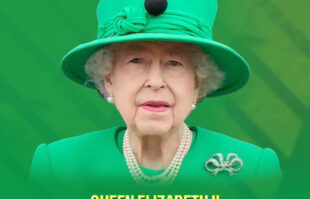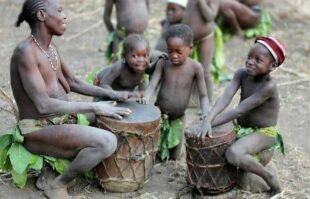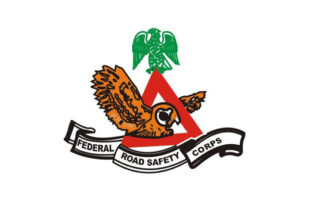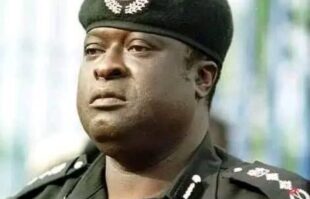From 2020 to date, Nigerians have continued to ask about who ordered the shooting at the Lekki toll gate. It’s been two years since the bloody October 20, and the compatriots still clamour for good governance, security, employment opportunities, and freedom of speech and movement.
It will be recalled that at about 6:30 pm on October 20, at the Lekki toll gate in Lagos State, Nigeria, troops of the Nigerian Army opened fire on unarmed End SARS demonstrators. Reports gathered by Amnesty International explain that about 12 protesters were killed during the shooting.
End SARS is a decentralized social movement in Nigeria that consists of a series of public rallies against police brutality. The phrase demands that the Special Anti-Robbery Squad (SARS), an infamous Nigerian police organization with a lengthy history of abusing Nigerian residents, be disbanded.
History has it that the End SARS slogan demonstration draws its name from the hashtag #EndSARS, which was initiated as a Twitter movement in 2017 to demand that the Nigerian government dissolve the force. Following a resurgence in October 2020, following fresh reports of the unit’s abuses, enormous rallies took place across Nigeria’s major cities, accompanied by a barrage of social media indignation. On Twitter alone, the hashtag has accumulated almost 28 million messages. Many major cities around the world saw solidarity protests and demonstrations by Nigerians in the diaspora and sympathizers. The protests are unique in being attended by an exclusively youthful Nigerian audience. Since then, the movement has grown to include calls for more transparent and responsible government.
Young Nigerians, mostly men, were accused of being profiled by SARS personnel based on their fashion choices, tattoos, and hairstyles. They were also renowned for setting up illegal roadblocks, conducting unreasonable checks and searches, arresting and detaining people without a warrant or a trial, raping women, and extorting young Nigerian men who drove expensive cars and used laptops and iPhones. Nigerians have given personal accounts as well as video proof of SARS officers abusing Nigerian residents through kidnapping, murder, theft, rape, torture, unlawful arrests, humiliation, unlawful imprisonment, extrajudicial killings, and extortion. Young male Nigerians made up a big portion of the victims of the SARS atrocities.
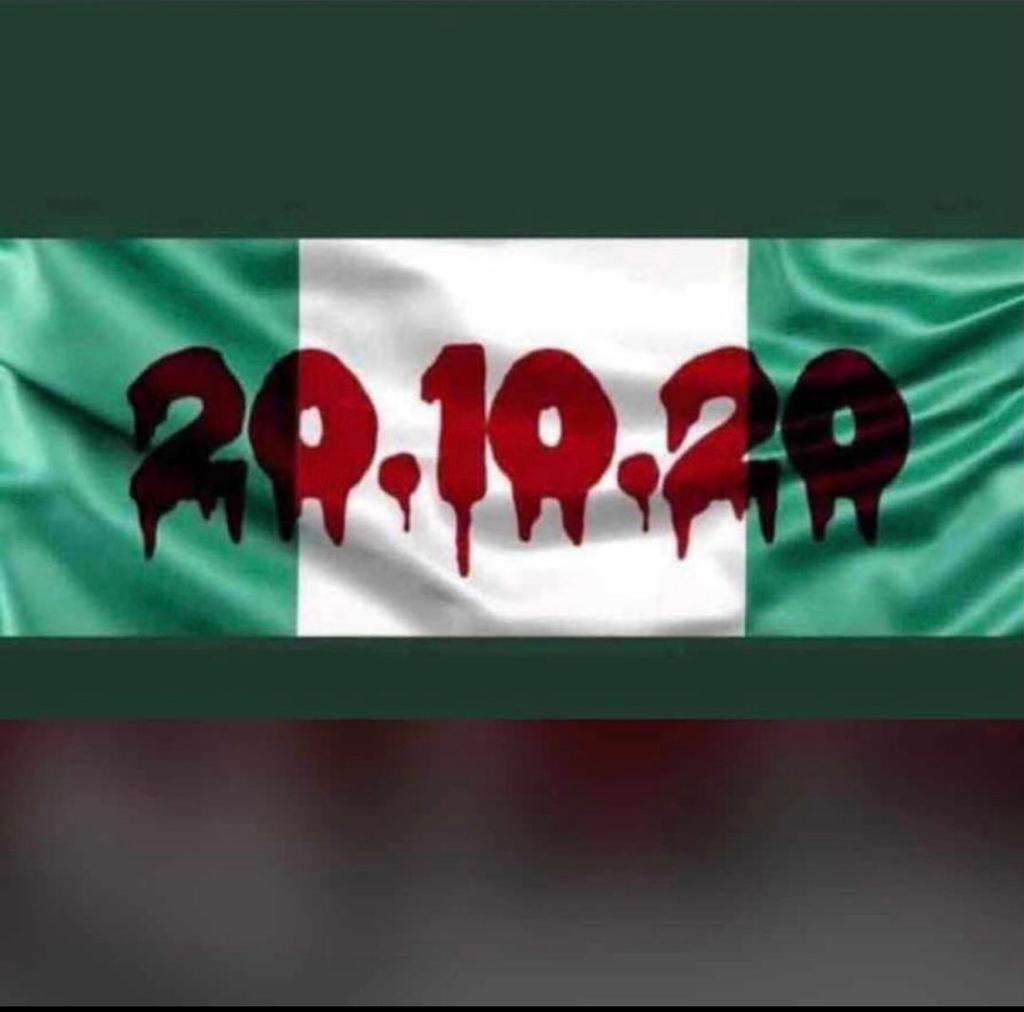
What Happened at the Lekki Toll Gate?
On the 20th of October, Lagos State Governor Babajide Sanwo-Olu announced a curfew to quell the violence that had erupted in various sections of the state following protests against the Special Anti-Robbery Squad (SARS).
According to reports gathered, CCTV cameras were allegedly removed from the toll gate just before the shooting. However, the Lagos State Government claimed that they were laser cameras, not CCTV cameras, as previously reported on social media. The energy that was feeding lights to the toll gate was also shut off, as were the advertisement billboards owned and operated by Loatsad Media.
A few hours after the curfew was proclaimed, soldiers arrived at the Lekki toll gate, where #EndSars protesters had camped for days. However, the governor claimed on national TV that he lacked the authority to request a military presence at the protest site. After several consultations, the army on November 14 announced that they had acted as ordered by the Lagos State governor, Sanwo-Olu.
Following a viral message on social media, which went viral before the shooting, demonstrators were told that singing the national song and waving the Nigerian flag would keep them safe. In response, protesters sat down with their arms crossed, chanting the Nigerian anthem and waving the Nigerian flag. Twenty armed military personnel approached, and video of the incident shows them singing while being shot at by the armed soldiers.
DJ Switch, a prominent Nigerian DJ, live-streamed the incident on Instagram during and after it happened. They attempted to remove a bullet from a man’s leg in the video by putting a Nigerian flag around his leg. DJ Switch, a Nigerian disc jockey, live-streamed the incident on her Instagram account. Despite the fact that numerous other eyewitness films and footage surfaced in the aftermath of the shooting, the Livestream would prove to be the most conclusive proof of the incident. She stated in a video posted on October 23 that she witnessed the shooting of seven individuals while live-streaming on Instagram.
On the night of October 20, armed military and police officers opened fire on her and other nonviolent #EndSARS demonstrators at the Lekki toll gate, with personnel from the defunct SARS unit among them. She also stated that the death toll had risen to fifteen, but that she had not been able to record any further information since her phone battery had failed. She went on to say that at least 15 individuals were murdered in the killings and that she and other survivors delivered the bodies of the dead to soldiers who took them away.
How Many People Died at Lekki Massacre?
On October 21, a report has it that at least 12 demonstrators had been killed in what were called “extrajudicial executions.” One of the victims was said to be former marketing for a Telecommunications Company.
Although, Lagos State Governor, Babajide Sanwo-Olu denied the number of victims claiming that no one was killed at Lekki and later posted on Twitter that one person died at the hospital as a result of blunt force trauma to the head.
According to witnesses, the military refused to allow ambulances to arrive and took bodies away from the shooting area at the Lekki toll gate.


